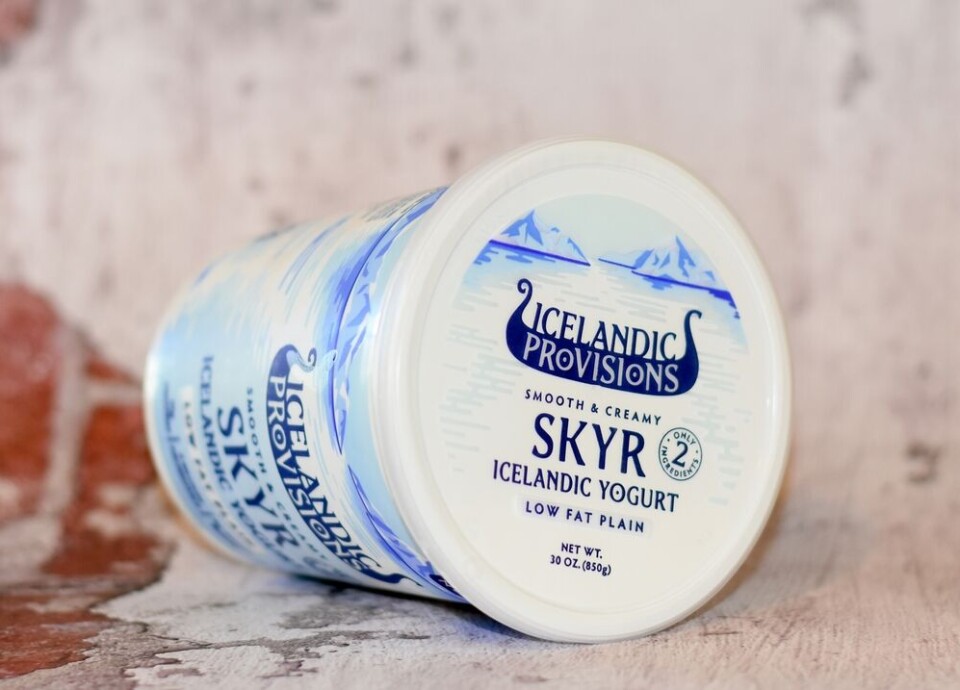-
Rugby vocabulary to know if watching the Six Nations in France
From un tampon to une cathédrale, understand the meaning of key French rugby terms
-
Duck Cold! Four French phrases to use when it is freezing outside
We remind you of French expressions to use to describe the drop in temperature
-
When and why do we say le moral dans les chaussettes?
We explore this useful expression that describes low spirits
Skyr yoghurt products criticised for price and health claims in France
The traditional Icelandic yoghurt is proving popular

Skyr yoghurt is not as healthy as its premium price would suggest, claims a leading French consumer magazine.
The traditional Icelandic yoghurt, which sells for up to six times the price of an ordinary fromage blanc, is of “no extra benefit to most people”, says UFC-Que Choisir.
What is skyr?
Skyr, pronounced SKEER, is a traditional Icelandic fermented yoghurt. It is similar to Greek yoghurt, but thicker and creamier in texture. In France, skyr is considered to be a fromage blanc.
It is made by heating skimmed milk and adding old skyr cultures to the mix. As curds form in the resulting blend, the whey is slowly drained away. The resulting sour yoghurt can be eaten plain or with added fruit or flavouring.
A dozen brands of skyr are now available in French supermarkets, beguiling the public with the promise that the yoghurt’s high protein and low fat content will help build muscle and lose weight while satisfying appetites.
‘Misleading promises’
UFC-Que Choisir says the promised health benefits are misleading.
“Most people, including vegetarians, eat enough protein,” Stéphane Walrand, from the state food research body Inrae, told the magazine.
“Our typical [protein] consumption is equal to the recommended levels for endurance athletes. Increasing it is rarely of any value, even for people who are highly active.”
The magazine also cast doubt on the belief that the protein content of skyr can stop overeating.
“Most studies suggest that this effect cannot be observed in portions under 20g,” said Anestis Dougkas, a specialist in dairy products from the Lyfe institute.
Since most pots contain no more than 2g of protein, people would need to consume a great deal to feel satisfied.
At €9 per kilo, skyr is an expensive purchase that the magazine says people could easily replace with another yoghurt or fromage blanc.
Indeed, speaking to FranceInfo, nutritionist Sophie Janvier said that there is very little difference between skyr and another, cheaper variety of fromage blanc, le petit-suisse.
“Skyr contains 10g [per 100g] of protein. If you compare this to the petit-suisse, which has 9.7g, you see that it is almost identical," she said.
‘Potentially beneficial for the elderly’
“The only people who may draw some benefit are the elderly,” said Mr Walrand.
“From the age of 60, sometimes people lack protein in their diet, which can lead to a loss of muscle mass and accelerate the loss of autonomy due to advancing age.”
A few more grams of protein per portion could help in this case, he said.
Read more:
























